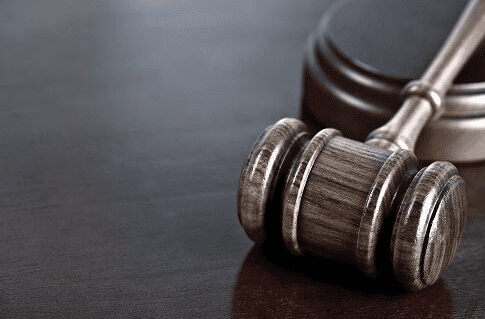
The Supreme Court announced on Monday that it might review a decision made by the Maryland Court of Appeals that could affect the way that law enforcement handles the investigation of serious criminal offenses in the near future. The decision regards the state’s ability to use DNA testing on suspects of violent crimes, which is well before the typical time these tests are allowed under the fourth amendment. While it may seem like the state should not be allowed to do this under the Constitution, it is a practice that is commonly accepted throughout law enforcement and happens frequently on both the State and Federal levels.
The hearing was in regards to a decision reached by the Maryland Court of Appeals to overturn a rape conviction of Alonzo Jay King in 2010. King’s criminal attorney argued that since the state took a DNA sample without a warrant and when King was just a suspect in the case. According to the fourth amendment, the results of that test can be dismissed because the manner in which they were conducted is against King’s Constitutional right to DNA privacy. We are not sure if King consented to giving his sample, or if he was forced by police to do so.
Because the Supreme Court has decided that it might review the case down the line, state law enforcement has retained their rights to conduct these types of tests until the Court tells them otherwise. This decision is great for law enforcement because it gives them unfettered access to an incredibly useful area of technology, which will undoubtedly aid their search efforts. But for the suspects who could ultimately face a prosecution as a result of these investigations, the potential violation of Constitutional rights is a difficult hurdle to be forced to overcome in their defense.
The reason that the Supreme Court gave for issuing this stay is that the crimes that these types of tests are currently conducted for are typically violent. As a result, it is of the utmost importance that the police do everything that they can to ensure that the person who committed a violent crime is off the streets. That makes sense, but if it comes at the cost of violating the Constitutional rights of some of the suspects in question, it is definitely something that the Supreme Court needs to take a look at and decide whether or not it falls within the realm of acceptable practices. One Binghamton DWI lawyer says, “Cases with crimes like a DUI or DWI simply don’t compare.”
The issue at hand is whether or not state law enforcement should be allowed to violate the “genetic privacy” of their citizens when the stakes are at their highest following a violent crime. Arguments can be made for both sides for sure, but if the letter of the law in the Constitution says that these privacies should be protected, it will be interesting to see if the Supreme Court has the ability to overturn this decision.
Please contact us for more information about this important decision and how it may affect future criminal cases in the State of Maryland.